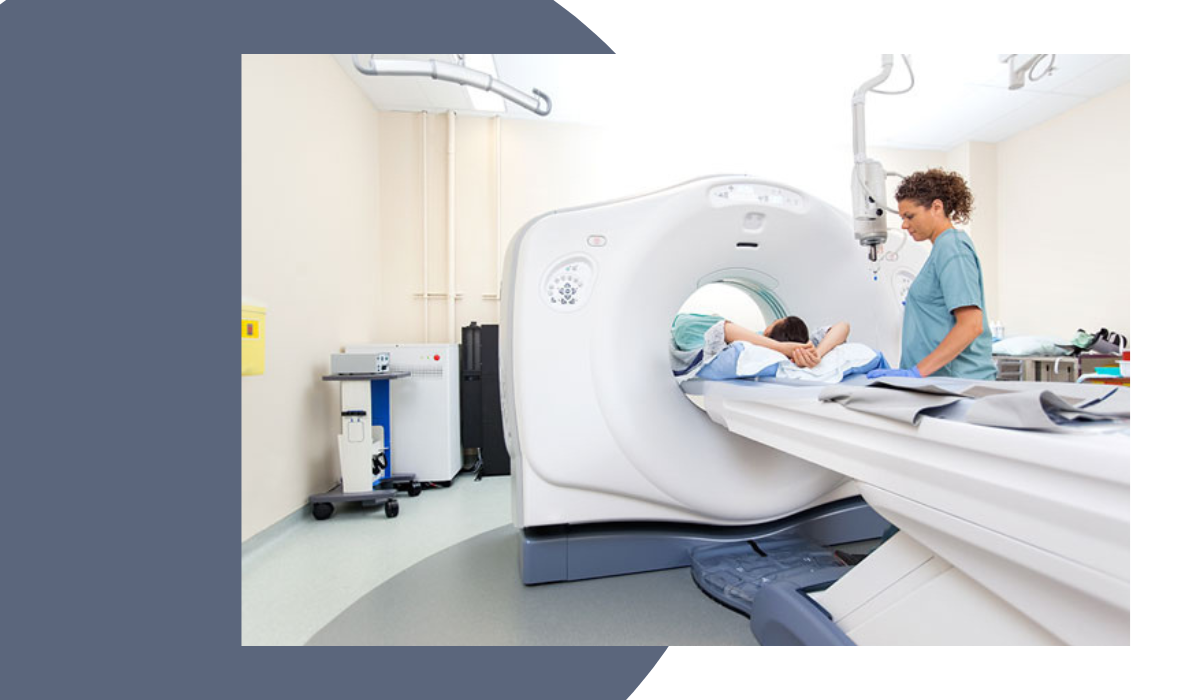Magnetic Resonance Imaging (MRI) technicians play a vital role in modern healthcare. These professionals operate sophisticated imaging equipment to create detailed scans, assisting physicians in diagnosing and treating various medical conditions. Whether you’re considering entering this field, already working as an MRI tech, or planning your next career step, understanding the salary landscape is crucial.
This blog will provide a breakdown of average MRI tech salaries, the factors that influence earnings, regional variations, career benefits, and tips for negotiating a higher salary. By the end of this guide, you’ll be equipped to make informed decisions about your career path.
What Is the National Average MRI Tech Salary?
MRI techs are well-compensated professionals in the healthcare industry. According to the U.S. Bureau of Labor Statistics (BLS), the national average MRI tech salary in 2023 is approximately $77,360 per year, or $37.19 per hour. Entry-level positions typically start around $50,000 annually, while highly experienced techs can earn upwards of $104,000 or more.
Several factors contribute to this pay scale, including specialization, education, and regional demand. The high salary reflects not only the importance of the role but also the skill and training required to operate MRI machines effectively while ensuring patient safety.
Factors That Affect MRI Tech Salary
Experience
Experience plays a significant role in determining how much an MRI tech can earn. Entry-level technicians generally start on the lower end of the salary range. However, salaries increase as professionals gain experience and master complex imaging techniques. For example:
- Entry-level MRI techs: $50,000–$60,000 per year
- Mid-career MRI techs: $70,000–$85,000 per year
- Experienced MRI techs (10+ years): $90,000–$100,000+ per year
Certifications, such as those offered by the American Registry of Radiologic Technologists (ARRT), can further enhance earning potential.
Location
Where you work can significantly impact your salary, with cost-of-living differences and regional demand being key factors. States like California and New York, where the cost of living is high, often offer higher salaries to attract skilled professionals. Comparatively, salaries in rural areas may be lower but could come with other benefits, such as lower living costs and better work-life balance.
Education and Certification
A higher level of education often correlates with better pay. Employers may prefer MRI techs with an associate degree specific to MRI technology or radiologic science. Additionally, ARRT certification can boost your salary potential by showcasing your expertise and commitment to professional development.
MRI Tech Salary Across the United States
Salaries for MRI techs vary significantly depending on the state or city where you’re employed. These variations are often tied to local demand, population density, and healthcare infrastructure. Here’s a breakdown of some regional differences in MRI tech salaries across the U.S.:
- California: $95,000–$104,500 per year
- New York: $90,000–$98,000 per year
- Texas: $75,000–$82,000 per year
- Florida: $70,000–$78,000 per year
- Midwest (e.g., Ohio, Indiana): $65,000–$72,000 per year
- Northwest (e.g., Washington, Oregon): $85,000–$93,000 per year
Cities like San Francisco, New York City, and Seattle typically offer the highest salaries due to higher costs of living and demand. Rural areas, while offering lower average salaries, often have a relaxed work environment and lower living expenses.
Additional Benefits and Perks for MRI Techs
Beyond core salary, MRI technicians often receive a variety of benefits and perks, which add significant value to their compensation package. Common examples include:
- Healthcare benefits: Comprehensive medical, dental, and vision insurance.
- Retirement plans: Contributions to 401(k) or pension plans, often with employer matching.
- Paid leave: Generous vacation time, sick leave, and designated holidays.
- Continuing education opportunities: Financial support for certifications and professional development courses.
- Overtime opportunities: Overtime work can significantly boost annual earnings for MRI techs in high-demand areas.
Some companies also offer signing bonuses, relocation assistance, or tuition reimbursement programs to attract top talent, especially in high-demand regions.
Job Outlook and Career Advancement Opportunities
The demand for MRI techs is expected to grow steadily in the coming years. According to the BLS, employment for MRI technologists is projected to increase by 7% from 2023 to 2033, faster than the average for all occupations. This growth is driven by:
- An aging population requiring more diagnostic imaging
- Advances in medical imaging technology
- Expansion of healthcare services in metropolitan and rural areas
Career advancement opportunities are promising for MRI techs who invest in additional certifications, specialize in niche medical imaging fields, or transition into supervisory or managerial roles.
Tips for Negotiating a Higher MRI Tech Salary
If you’re entering the profession or seeking a pay raise, keep these tips in mind to negotiate effectively:
- Do your homework: Research average MRI tech salaries in your city or state to ensure your expectations are grounded in market data.
- Highlight your certifications: Specialized training or ARRT certification can justify a higher salary.
- Leverage your experience: Demonstrate the value you bring with examples of your skills, efficiency, and teamwork.
- Consider perks and benefits: Negotiate for better benefits if salary increases are limited.
- Show willingness to relocate: If you’re flexible about where you work, you may find higher-paying opportunities in different regions.
Preparation and confidence are key when negotiating your compensation. Remember, you’re not just advocating for your salary but also for the value you contribute to the organization.
Why Understanding Your Salary as an MRI Tech Matters
MRI technicians are integral to healthcare, providing patients and physicians with crucial diagnostic data. Understanding the salary landscape helps you:
- Plan your finances and career growth
- Evaluate job opportunities realistically
- Advocate for fair compensation effectively
If you’re ready to explore your earning potential, start by researching opportunities in your area and considering how certifications could enhance your worth in the job market. With steady industry growth and competitive salaries, becoming an MRI tech could be an excellent career move.
You May Also Like:





